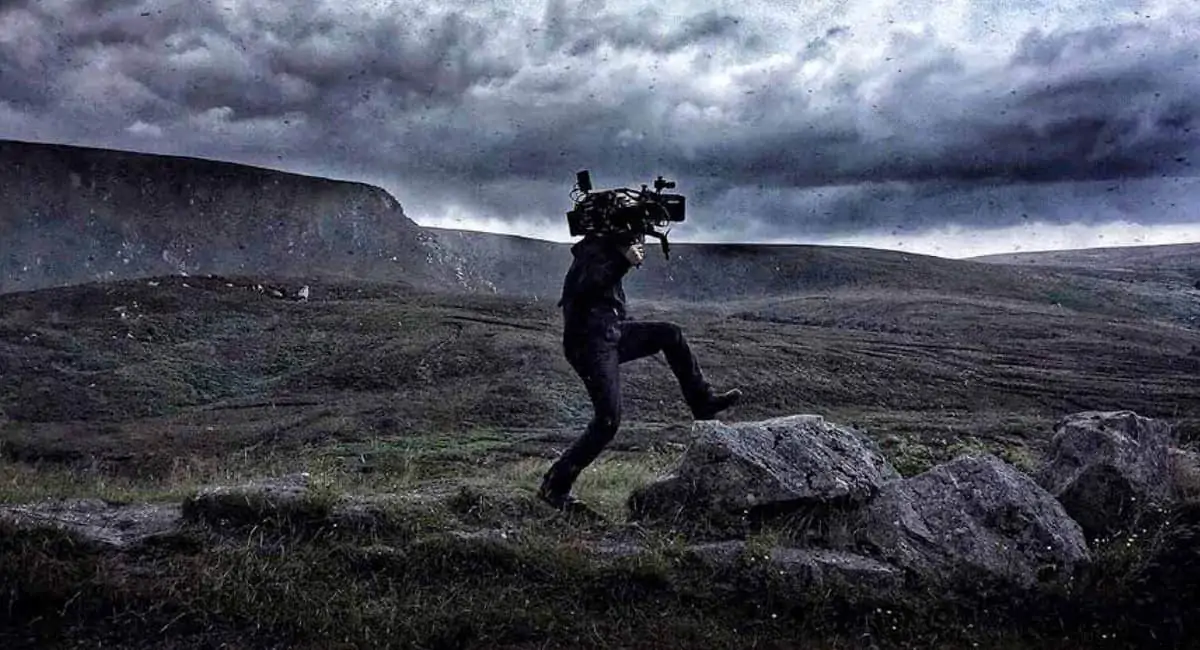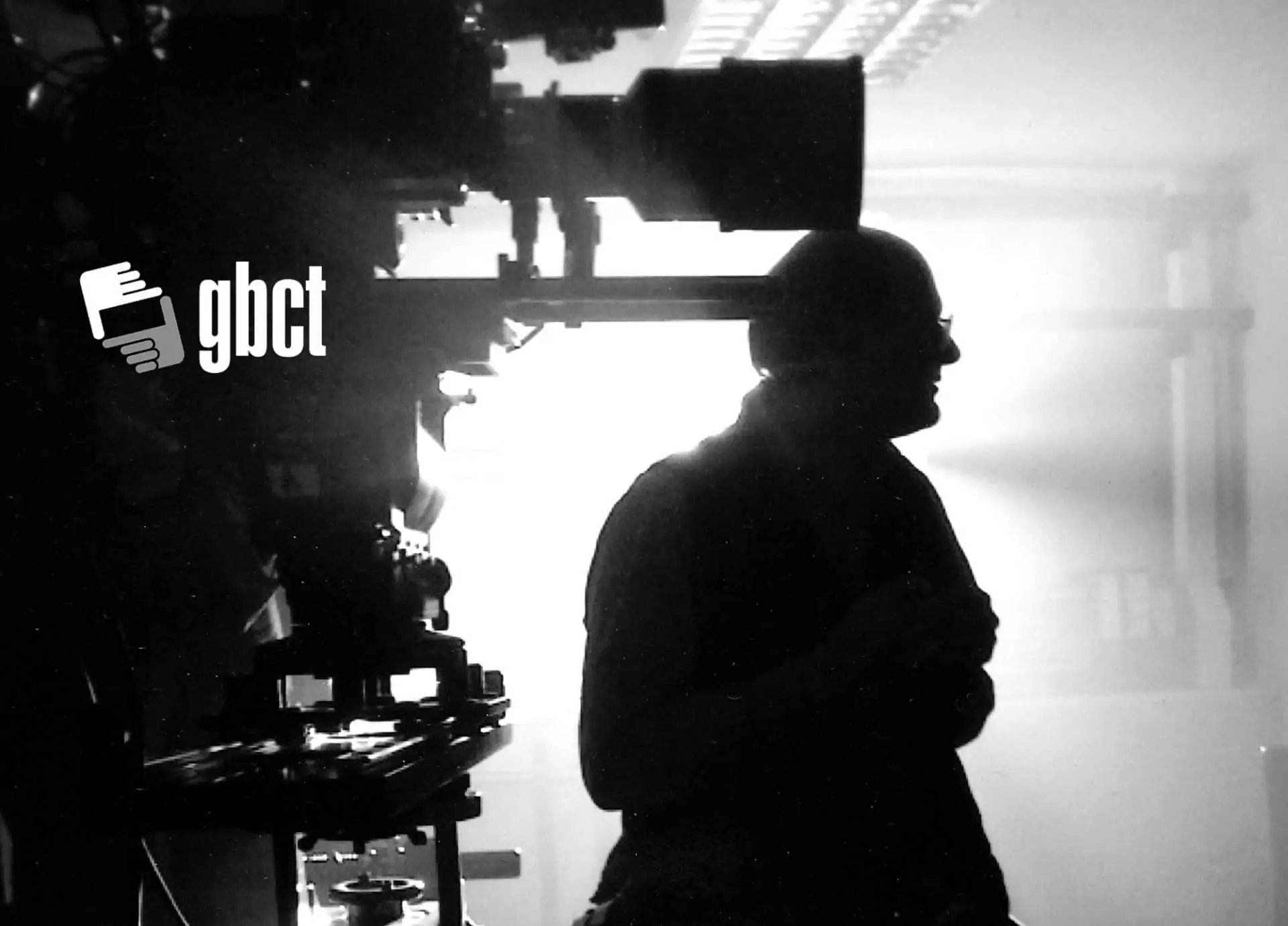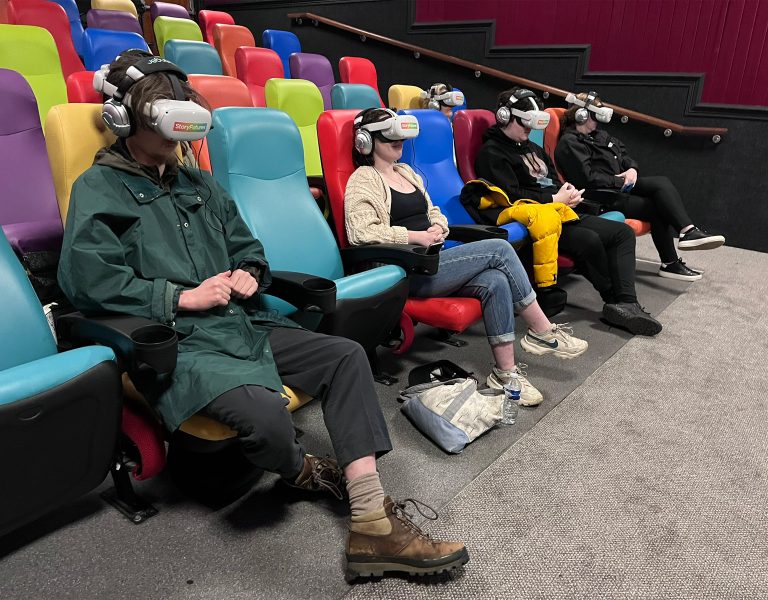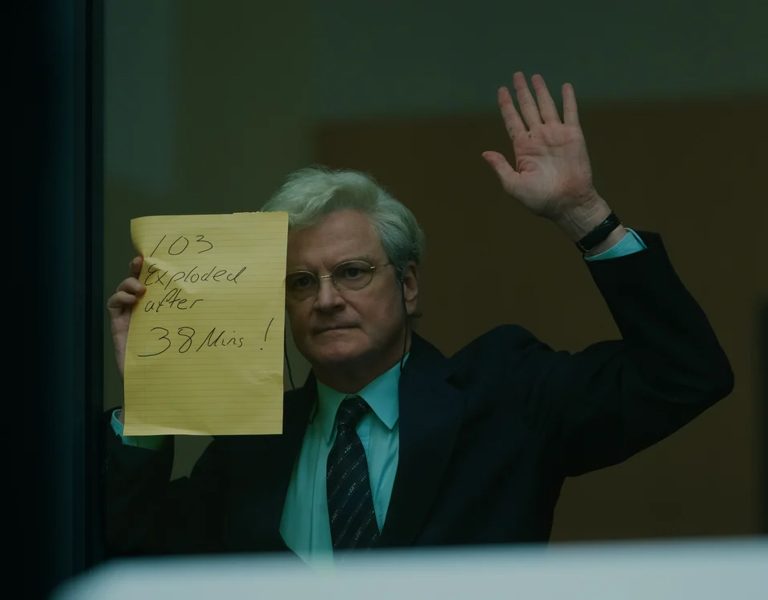
LOOKING AHEAD
When the Brexit vote came to pass and the world did not fall off a cliff edge, the victors gloated over their vindication. Their hubris was the false assertion that the cliff edge would be an immediate plunge into oblivion. The descent was only ever going to start once the full effect of the leaving arrangements became a reality.
Well, now that we have finally arrived at the beginning of the slope, that brave new world is not looking so great. It will be hard to differentiate the economic effect of leaving the EU from the much greater devastation of the pandemic, but effect there will be. Now that we finally have the UK-EU Trade and Cooperation Agreement aka “the deal”, we can finally try to work out how bad things are likely to get. More importantly, how will it affect our ability to work in our chosen industry?
Our gloating Brexiteers promised that the entertainment and creative industries would benefit from favoured status in “the deal”. The complete absence of any such favours bellows the length of Europe that we are irrelevant to these Philistines. If you are planning to ply your trade anywhere within the EU/EEA/Switzerland block you will need to get a local work visa. As each country within this block has different requirements and procedures for their immigration systems, you will need one visa for each country. Some of these countries may also need a sponsor for their work visas. Furthermore, the treatment of the self-employed is highly inconsistent across Europe.
Countries make it appear that they are welcoming to incoming business. In reality, what they let you do on a business visa is quite restricted. A business visa does not normally include the provision of services. The deal does include provisions for a list of some “contractual service providers” and “independent professionals”, but the entertainment and creative sectors are conspicuous by their absence from that list. Even when service providers are permitted to work, they are covered by a multitude of conditions and restrictions that differ from one administration to the next. Moreover, do not be fooled by the inclusion of advertising as this only refers to market research and opinion polling, not commercials production.
The deal does contain platitudes about the easy movement of goods including a clear agreement that the temporary movement of equipment for film and TV activities will not be inhibited. The deal is opaque about the paperwork that will be needed to make this lack of inhibition a reality. Dust off your memories of how to do a Carnet de Passage. You will need it. Even within Schengen you will need to get several stamps at every border crossing.
This will hinder efforts to get international production back off the ground, but it won’t hinder domestic production which has been acting like it is an essential industry for the past few months. We are yet to see if this uplift will survive during the new hard lockdown, but production will eventually return. As the back catalogues have nearly been plundered to exhaustion, the pent-up demand for new production promises the potential for a bumper year of work, eventually. We are already hearing the ‘producer’s lament’ that there is a shortage of crews. What is actually meant is there is a shortage of people willing to work at the low rates that they are offering. There are enough good technicians out there. All they need is fair compensation for their incredible skills, expertise and knowledge.
Here’s to the resumption of a busy industry and a prosperous new year, soon-ish.
(With thanks to Tony Lennon, BECTU Research Office, for his words and speedy analysis of the UK-EU Trade and Cooperation Agreement).
BY: Tim Potter, CHAIR, GBCT













